A Woman’s Place is in The Revolution!
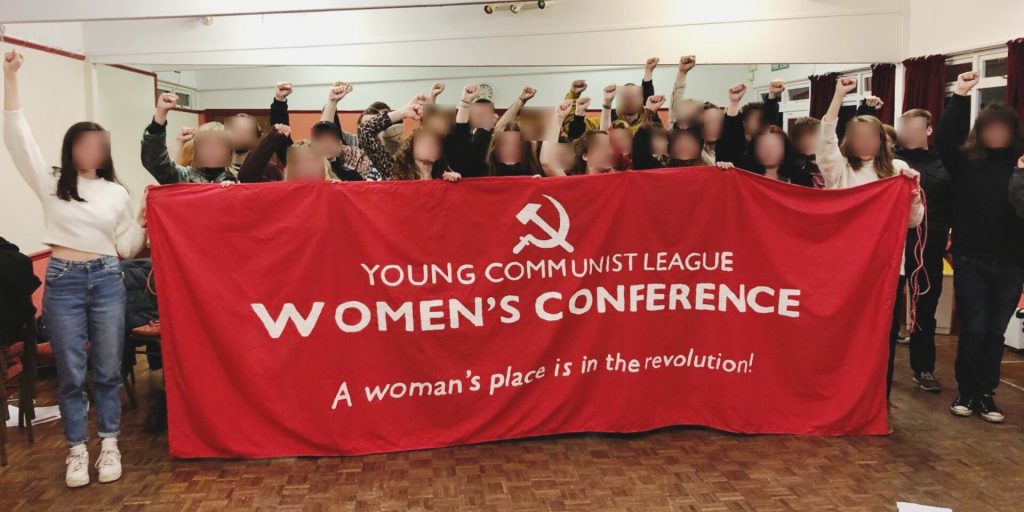
“We must connect with our international sisters in the fight for peace, because where there is war, there is rape. We must develop our praxis continuously to build a universality of Marxist feminism for cultures and experiences across the world.”
Poetry Corner: I look at the world by Langston Hughes

I look at the world by Langston Hughes
Poetry Corner: December 1936, Spain by Clive Branson
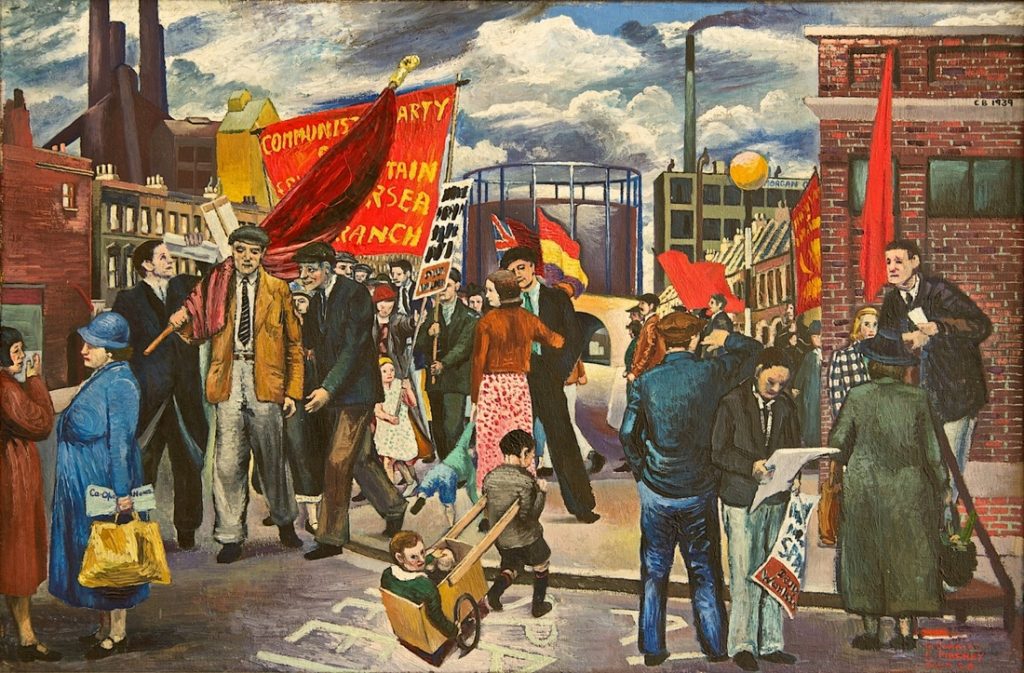
December 1936, Spain by Clive Branson, 16 June 1939
Clive Branson was born in 1907. He became a skilled painter and studied at the Slade School of Art. At the age of 23 he exhibited paintings at the Royal Academy. He joined the ILP around 1927 but moved to the Communist Party in 1932.
Clive was active in the fight against the British Union of Fascists in London and played a leading role in the local Aid to Spain campaign, so naturally he enthusiastically volunteered for the International Brigades.
Here we feature his poem December 1936, Spain, an exhortation for aid and solidarity to Spain, highlighting the common cause of all people’s in the struggle against fascism.
Poetry Corner: Rafah’s Children by Samih al-Qasim

Rafah’s Children by Samih al-Qasim, 1971
Poetry Corner: Victory at Guernica by Paul Éluard
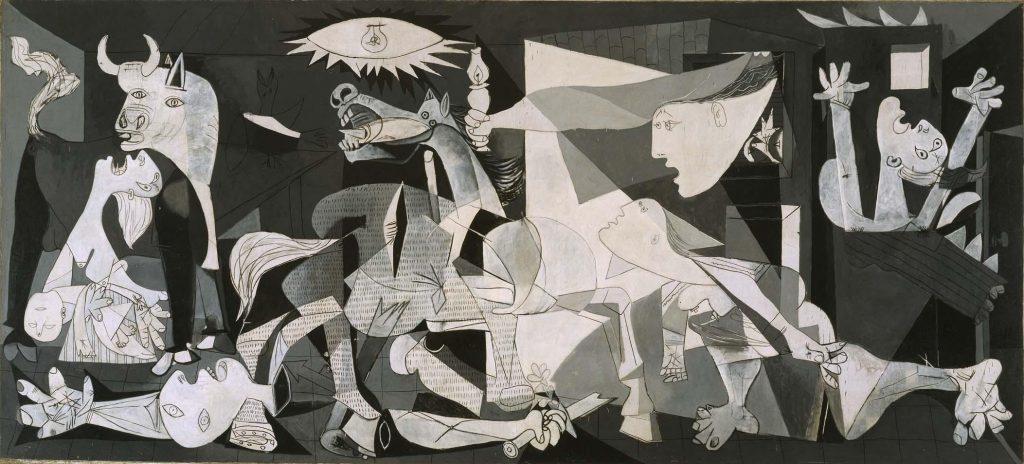
Victory at Guernica by Paul Éluard, 1937
Paul Éluard is well known as one of the founders of the Surrealist movement and he was also politically and artistically dedicated to the French Communist Party.
The poem La Victoire de Guernica, was written in condemnation of the infamous fascist bombing of the Basque town during the Spanish Civil War, immortalised in the Picasso painting of the same name.
Poetry Corner: The Long March by Mao Tse Tung
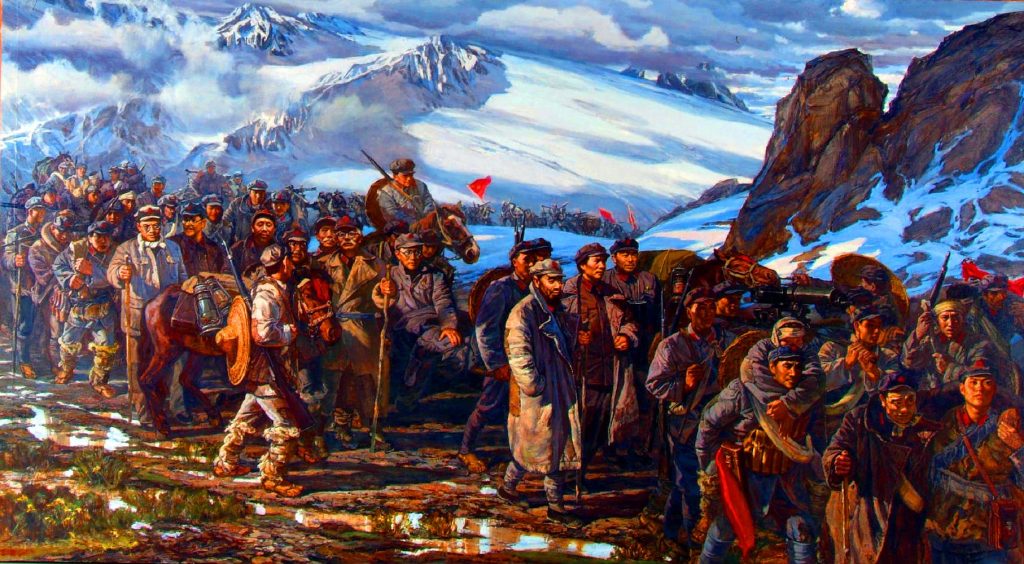
The Long March by Mao Tse Tung, October 1935
Chairman Mao Tse Tung is well known as the leader of the Communist revolution in China and as a founder of the People’s Republic of China. Mao is less well known as an accomplished and prodigious poet.
Here we feature The Long March, written towards the end of the Long March itself, noting some of the locations passed by the Red Army.
Poetry Corner: Ballad of Aun, King of Sweden by Hugh MacDiarmid
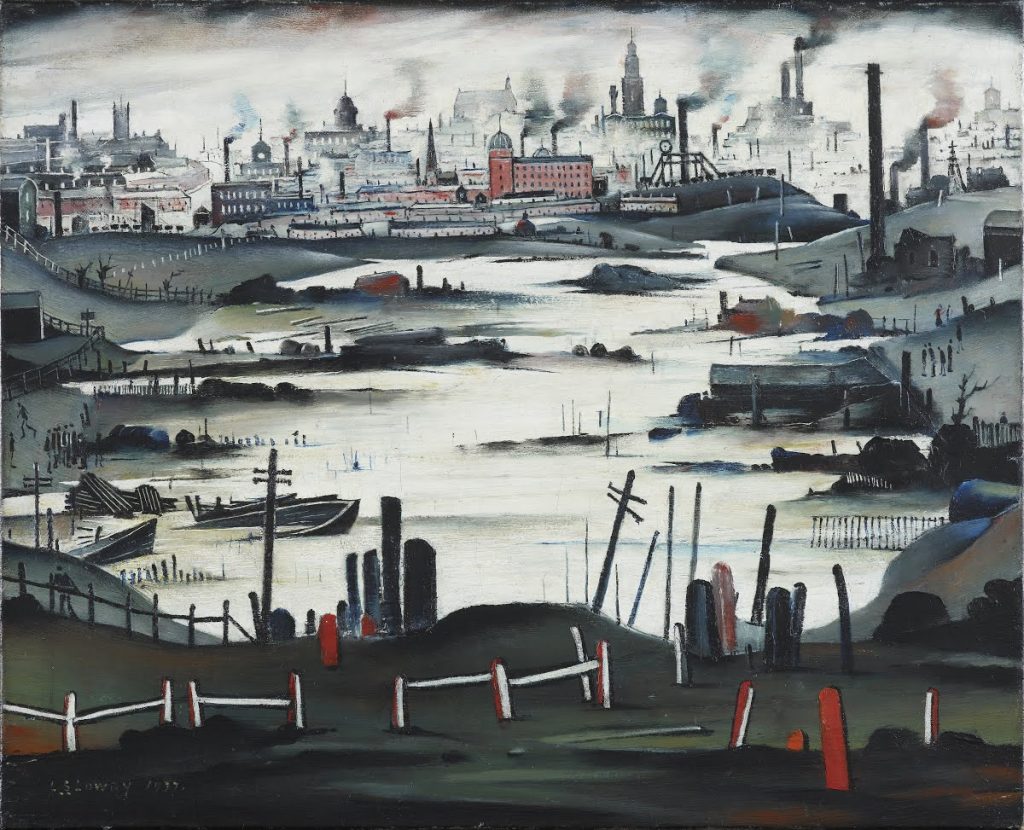
Ballad of Aun, King of Sweden by Hugh MacDiarmid
Dr Christopher Murray Grieve, who wrote under the pen-name of Hugh Macdiarmid, was the greatest Scottish poet of the twentieth century. Best-known for what he called “Lallans”, a literary form of the Lowland Scots language that he developed, he also made use of English.
At different stages of his life he was a supporter of Scottish nationalism and communism. Famously, he stood for the Communist Party against Tory Prime Minister, Sir Alec Douglas-Home, in the Kinross & West Perthshire constituency in the 1964 general election, as part of an unsuccessful bid to get television time for the Party. His A Sprig of White Heather in the Future’s Lapel, written for former Communist MP Willie Gallacher on the occasion of the latter’s 80th birthday, is particularly famous among Britain’s Communists.
Here we feature Ballad of Aun, King of Sweden, one of McDiarmid’s strongly political poems.
Poetry Corner: Action by Frances Moore
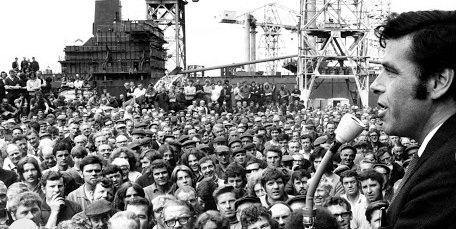
Action by Frances Moore
A Sheffield teacher and activist in the National Union of Teachers, Frances Moore (1906 – 1994) was married to Bill Moore, who was a fulltime worker for the Communist Party. Although Frances’ busy life left with little time to write in her younger days, later on she produced a substantial body of poetry, some of which was published. The poem featured here is a tribute to the strength of collective action and duty of trade union struggle – and the example of the famous UCS Work In.
Poetry Corner: My Last Will by Joe Hill
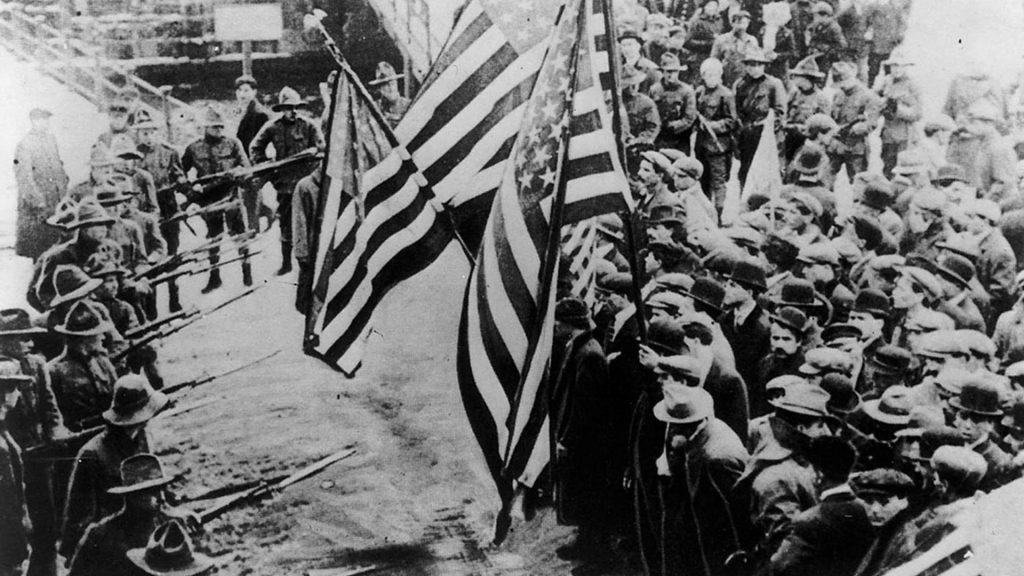
My Last Will by Joe Hill, 1915
“The labour troubadour Joe Hill was executed by the state of Utah on November 19, 1915, accused of murdering two shopkeepers. Five years earlier, while working on the docks in California, Hill met members of the IWW and became an active Wobbly. Soon his humorous and biting political songs, like “The Preacher and the Slave,”1 were being sung on picket lines across the country. From his jail cell in Utah, Hill wrote to “Big Bill” Haywood in a telegram, “Don’t waste time mourning. Organize!”—a line that became a slogan of the U.S. labour movement. On the eve of his execution, Hill penned these words.” – From Voices of a People’s History
Poetry Corner: Day of the Pawns by Bob Dixon

Day of the Pawns by Bob Dixon
Born into a working-class family in Spennymoor, County durham, Bob Dixon eventually became a school teacher, and then a lecturer in English at Stockwell College of Education, Bromley. He was involved with the left-wing cultural journal Artery in the 1970s, and he wrote three collections of poems, three books on the ways in which children’s attitudes have been shaped by the publishing and manufacturing industries, plus an autobiography, The Wrong. Bob was a life long member of the Communist Party and well-known figure on the left-wing poetry scene, reading at CND rallies and other events.


